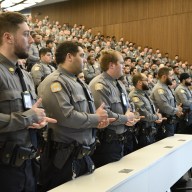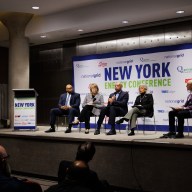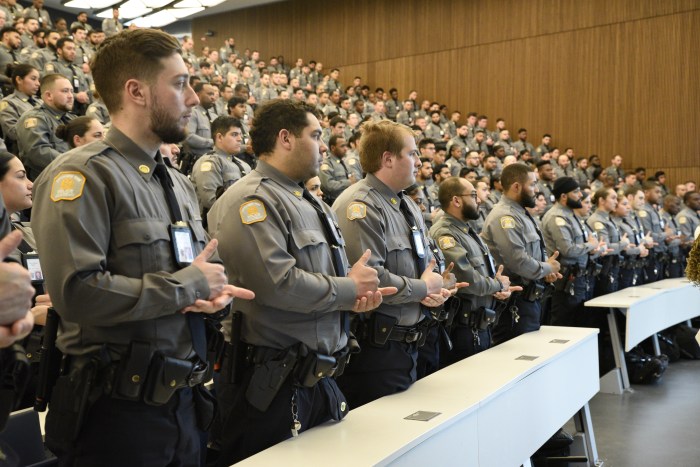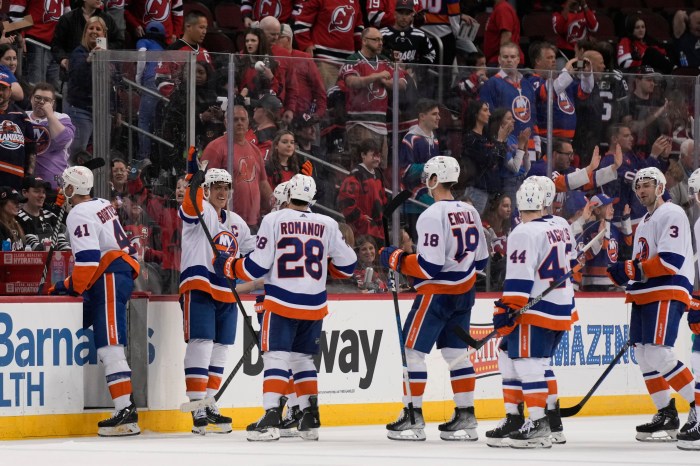By William Lewis
As we look at the economic and political prospects in the city for 2009, there are serious questions concerning the significant amount of time it will take for the federal economic system to adjust itself after the Wall Street meltdown.
New York City, including Queens, can be called the financial capital of the United States, if not the world. We have heard constant comparisons between Wall Street and Main Street during the last several months, meaning institutional banking and investment house interests can be opposed to the interests of the average citizen.
In New York, those interests are to some extent intermingled, since so many residents in the boroughs work for some of our nation’s leading financial institutions based in Manhattan. From that angle, how Wall Street goes, so goes Main Street. The financial collapse started on Wall Street and must regain its momentum on Wall Street if we are to recover from the economic downturn.
Analogies have been made between the Great Depression of 1929 and recession of 2008, but there are distinctive differences between the two.
In the 1930s, the United States was in the last stages of isolationism. Today, our country, as the leading world power, works with other countries in solving far−reaching economic problems, which was not true during the 1930s. It took the oncoming of World War II to end the Great Depression. At this time, our nation is confronting a recession and war at the same time, considering that the conflict in Afghanistan seems to be escalating.
The new administration taking office Jan. 20 has indicated its intention to move quickly to solve the economic downturn. Hopefully, however, our government will proceed with the realization that the financial problems, to a large extent, began on Wall Street and must end with New York’s Wall Street and Main Street combined, becoming the economic catalyst driving our economy forward.
As for the political situation, Queens and the city will be generally focused in 2009 on the mayoral race, in addition to the citywide public advocate and comptroller races. Also, the entire City Council will be up for election.
Mayor Michael Bloomberg will be seeking for his third term in office. The major question that arises is under the banner of which political party or parties Bloomberg will be running. He began his political career as a Democrat and changed his political party affiliation to Republican to run for mayor, thereby not having to run in a party primary, which he would have had to do had he run as a Democrat. He was elected twice as a Republican and then changed his party designation to independent when he briefly considered running for president last year.
There have been rumors that Bloomberg is considering either running as a Democrat or an independent this time. He seems to be looking into both possibilities. If he runs as a Democrat, it would seem that he will face primary challenges. But will the financial resources he has be a deciding factor if he goes for the Democratic nomination, as in the case of the Republican Party in 1958, when Nelson Rockefeller, with his wealth, forced other possible GOP candidates out of the gubernatorial race and got the nomination without a primary?
Bloomberg might be inclined to remain an independent for this forthcoming race, since for him to continually change his party registration could create a negative impression with the electorate. Bloomberg running for re−election as the incumbent independent with his financial resources would present a formidable candidacy.
The mayoral campaign comes down to whether a strong candidate will emerge from the Democratic and Republican selection process to seriously challenge Bloomberg.




























